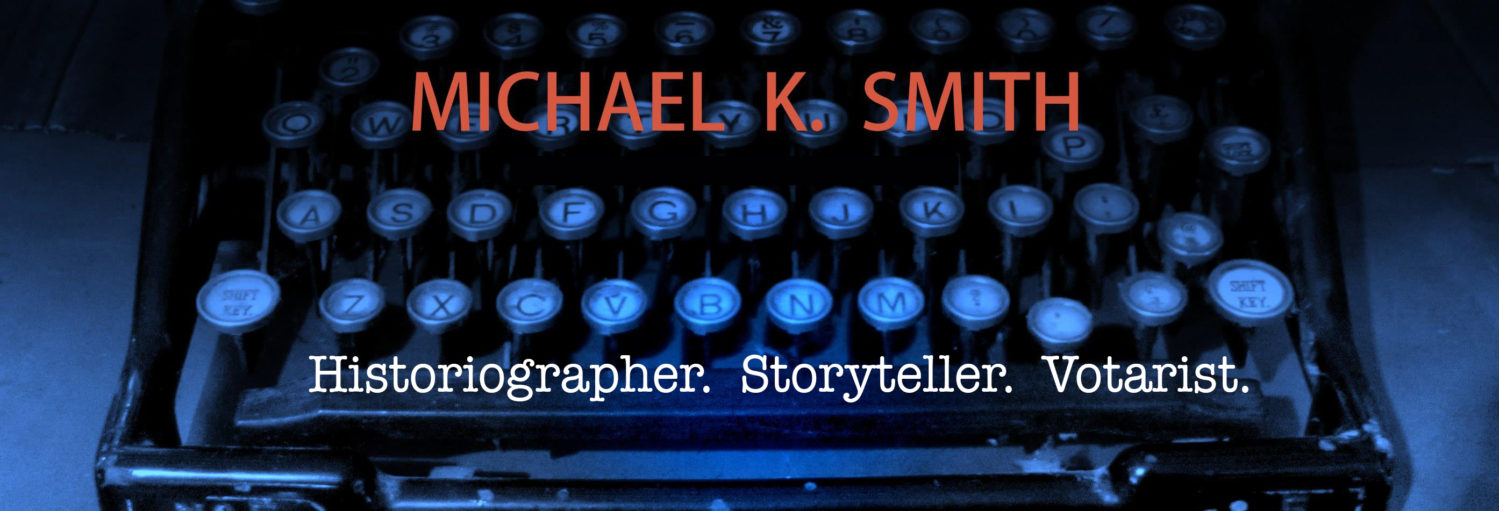 Re-reading the three thousand words again, I wondered where it all came from. Years ago, I was an engineering student at Ohio University. The required courses did not include any electives, but for some reason I added a creative writing class to a long list of boring technical requirements. The first day the professor asked us all to write a short story which I handed in the next class. The following week he read my story to the class. I have to admit I was happy that he read it, but I wasn’t awed. After all, I was a slide-rule toting (yes, it was a long time ago), nerd who loved number theory. I always figured those kinds of guys can’t spell, let alone put two or three sentences together. So, while it was one of the few ‘A’s’ I received in four years, I totally forgot about the class and that short story.
Re-reading the three thousand words again, I wondered where it all came from. Years ago, I was an engineering student at Ohio University. The required courses did not include any electives, but for some reason I added a creative writing class to a long list of boring technical requirements. The first day the professor asked us all to write a short story which I handed in the next class. The following week he read my story to the class. I have to admit I was happy that he read it, but I wasn’t awed. After all, I was a slide-rule toting (yes, it was a long time ago), nerd who loved number theory. I always figured those kinds of guys can’t spell, let alone put two or three sentences together. So, while it was one of the few ‘A’s’ I received in four years, I totally forgot about the class and that short story.
The story was about a young, southern Civil War soldier who goes home after the war only to find his home destroyed and family gone. When I was typing I envisioned that short story to be the last chapter of my novel. So all I had to do was write the beginning and middle…it sounded so simple.
My wife finally came home from playing golf that day. I wanted her to ask me how the book was coming along. I was sure her tone would be sarcastic, but evidently she forgot that I had said I was going to write a book. After waiting a while I had to ask her if she wanted to hear my first chapter and I proudly read it aloud. She was surprised that I had actually started the book, but her reaction to the reading was less, much less than I had hoped.
That first chapter had an inordinate amount of dialogue and her comment was that people don’t talk that way. She said it sounded “stilted”. I was to learn that she was wrong—and right—about that.
My casual reading has always been non-fiction, and I assumed fictional dialogue would be natural as if two or more people were in conversation. My first chapters were rife with long conversations that, in my mind, helped describe character and moved the story forward. The harsh reality, however, was much different. At a Kenyon College seminar I took some months later, for homework, they suggested I record a regular conversation, then type it out and read it. Reading an actual conversation is so boring its unbelievable. The writer must engage the reader by letting him/her interpret what the character is saying without saying it all in text. Here’s a brief example from the first chapter of Home Again just after Zach had made an unbelievable rifle shot:
“Wow, what a great shot. You sure are handy with a gun, son. I wish I could do that. I bet nobody in the county is as good as you,” Luttrell said.
New version that lets the reader work a little:
“Let me see that gun, son,” Latrell said.
Good dialogue engages the reader and let’s him or her fill in the unspoken blanks. That engagement draws the reader in, grounds him in the story and makes him understand what’s happening, as if he is actually there.

Leave a Reply